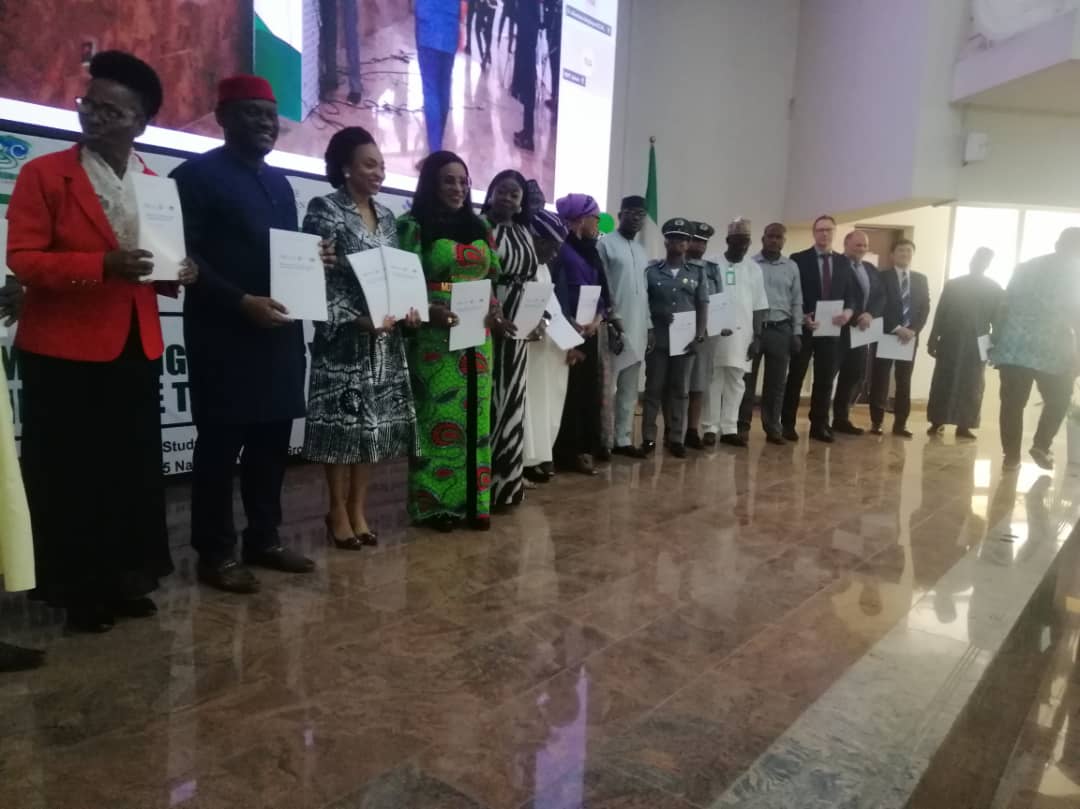ANSG begins digitalisation of hotels, others to tackle insecurity
By Obinna Unaeze
The Anambra Government says it has begun the digital registration of hotels and entertainment centres in the state as part of measures to tackle insecurity in the state.
Mr Don Onyenji, the state Commissioner for Culture, Entertainment and Tourism, said this in Awka, during a one-day interactive session with hotel owners in the state.
“One of the major factors that is critical to tourism and entertainment industries is security.
“Therefore, we have started the process of digitalisation of hotels and entertainment centres in Anambra State to know where you are, what you are doing and how you are doing it.
“This will help us to know your challenges, proffer solutions to them, and also improve your services,” he said.
According to him, the Anambra State Government wants to make the state a place where people can come, invest and relax.
Onyenji said that no nation could grow without these industries being restructured, responsive and well managed.
He said that the state government was poised to make the industries function to international standard.
He added that government had embarked on construction and rehabilitation of 700 kilometres of roads across the state to support the sector.
The commissioner said that out of the roads, 400 kilometres had been completed.
“Right now, Anambra State has taken a different shape, that is why more hotels are being established.
“The state government is currently developing five tourism centres in the state.
“Beyond these, we are going to do a master plan that will encourage the development of rural tourism,” he said.
He stressed the need for hospitality industry in the state to adhere to international standards, hence the digitalisation and the “Homeland Security Law” of the state.
Similarly, Mr Gilbert Ibezim, Deputy Governor of the state, urged the hoteliers to read and digest the Homeland Security Laws of the state to enable them implement it to tackle insecurity and attract investment.
Ibezim tasked the hotel owners on functional Closed-Circuit Television (CCTV) cameras in their hotels to also help ensure security.
Earlier, Mr Christian Udechukwu, the state Commissioner for Commerce and Industry, urged the hoteliers to set aside money to upgrade their facilities.
According to him, this is to ensure compliance with international standards and the Homeland Security Law of the state.
Mr Kingsley Ezika, Senior Special Adviser (SSA) to Gov. Chukwuma Soludo on Security (anti-cultism) said the Homeland Security Law, enabled the state to profile and digitalise hotels and entertainment centres in the state.
Ezika said that with the new law, guests in hotels across the state must present valid identification issued by the government.
“All hotel guests must present valid identification such as the National Identification Card, international passport or voter cards, among others.
“Upon registration at the hotel, the details of the guest will be downloaded and forwarded to the government,” he said.
Chief Ifeanyi Nwokoye, Chairman, Association of Hotel Owners in the state, assured government that members of the association would comply with the government laws and regulatory bodies.
Nwokoye, represented by the Vice- Chairman, Mr Taiwo Ogunshola, appealed to the state government to help improve power supply to enable them save cost of running generators in their hotels.
He urged the government to tackle the issue of multiple taxation against the hoteliers.
The News Agency of Nigeria (NAN) reports that the state government enacted the Anambra State Homeland Security Law 2025, on Jan. 17; to combat criminal activities.
According to Soludo, the law will address the root causes of crime and restore the state’s reputation for moral integrity.
NAN also reports that the police, Department of State Services, Nigeria Security and Civil Defence Corps and National Drug Law Enforcement Agency were part of the meeting. (NAN) (www.nannews.ng)
Edited by Greg Maduakolam/Maureen Atuonwu













